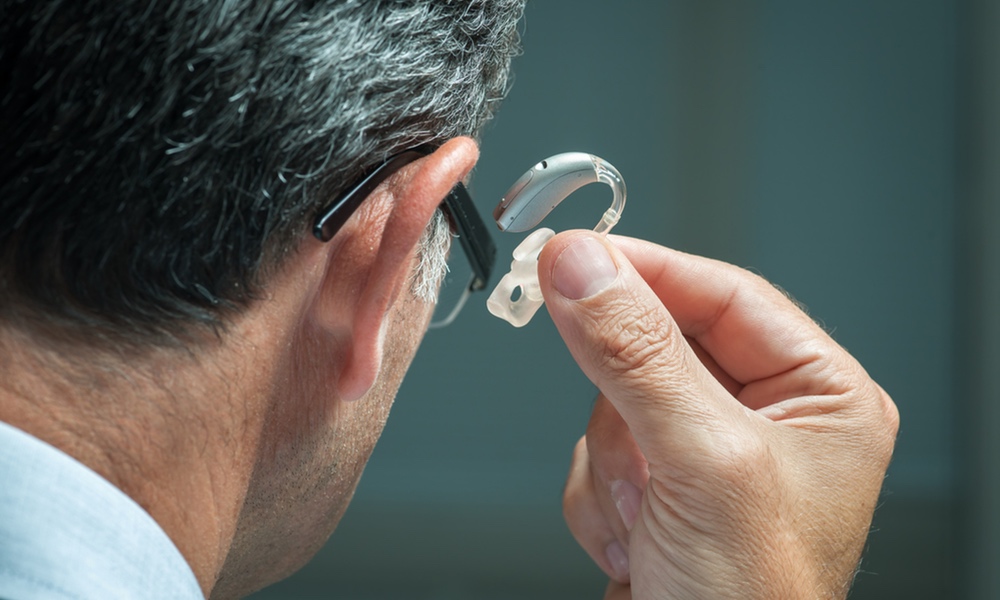Hearing loss is all too common, particularly among older adults. About 40 million adults in the U.S. have hearing loss, yet just one in 10 adults who needs it wears a hearing aid.
Hearing loss is associated with a reduced quality of life. People who can't hear well can end up feeling disconnected. They have an increased risk of dementia and depression. They also have more health problems and die sooner than those whose hearing is better.
A team led by researchers at the University of Southern California looked into whether treating hearing loss improved longevity. They found it did: adults who regularly wore hearing aids had a significantly reduced risk of mortality compared to those who never wore them.
The message is that if you have trouble hearing, but don't wear a hearing aid, you should probably make getting a hearing evaluation a New Year's resolution for 2024.
“These results are exciting because they suggest hearing aids may play a role in protecting people's health and preventing early death,” lead author Janet Choi told TheDoctor. Hearing aid use can indirectly reduce mortality risk by improving health outcomes such as reducing a person's sense of social isolation, depression, anxiety and increasing their physical activity. Hearing aids may also affect brain structures by increasing auditory input, Choi added.Regular hearing aid users had about a 25 percent lower mortality rate than never-users and their mortality rate remained higher regardless of the severity of hearing loss or variables such as age, ethnicity, income or medical history.
Hearing aids can also improve communication with healthcare providers, making patients who use them more likely to understand and follow their doctors' advice on other health matters.
The study used data from almost 10,000 participants in the National Health and Nutrition Examination Survey (NHANES) who had enrolled in the survey between 1999 and 2012. Participants were at least 20 years old. All had their hearing tested and filled out questionnaires about their use of hearing aids.
Identifiable hearing loss was found in almost 1,900 of the participants. Only about 240 of this group said they were regular hearing aid users, a group that included those who indicated they wore hearing aids at least once per week or five hours per week or half the time.
When researchers looked at mortality rates among all these participants, they found that regular hearing aid users had about a 25 percent lower mortality rate than never-users, and their mortality rate remained higher regardless of the severity of hearing loss or demographic variables such as age, ethnicity and income and education levels; and medical history.
People who used hearing aids infrequently had mortality rates similar to those who never used them, suggesting that occasional hearing aid use may not provide additional benefit in reducing mortality risk.
Why is it that many people who can't hear well don't use hearing aids? Cost is one factor linked to low rates of use, along with the complexity of insurers' varying reimbursement policies. Studies have found that racial and ethnic minorities and those with low socioeconomic status are more likely than other demographic groups to never wear hearing aids.
A lack of awareness of treatment options for hearing loss and the stigma associated with hearing aid use also play a role. Adjusting to using a hearing aid can take some time and trial and error, but this study shows the benefits are worth it.
Now that some hearing aids are available without a prescription, much like over-the-counter reading glasses, perhaps more of those experiencing hearing loss as they age will take advantage of them. In the meantime, the researchers hope future randomized clinical trials and long-term studies will examine the effects of hearing aid use on mental and physical health and cognitive functioning.
The study is published in The Lancet Healthy Longevity.





